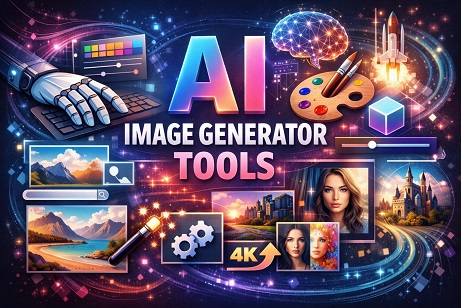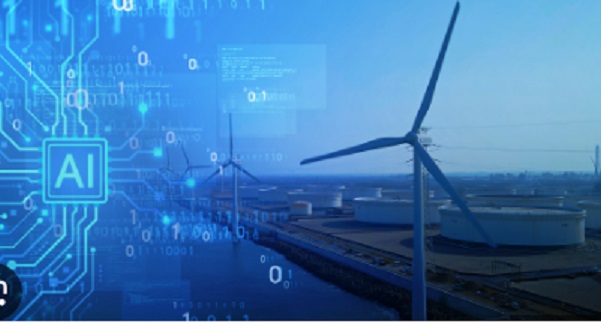Stories you may like
Benefits of AI in Stock Trading
Speed and Efficiency
One of the most remarkable advantages of AI in stock trading is its speed and efficiency. AI-powered systems can process vast amounts of data and execute trades within milliseconds, a feat that no human trader can match. This computational power allows traders to analyze multiple data streams, detect patterns, and act on opportunities in real time. The impact of this speed is evident in the growth of the global high-frequency trading (HFT) market, valued at over USD 10.36 billion in 2024 and is projected to grow at a CAGR of 7.7% from 2025 to 2030.
By enabling lightning-fast decision-making and execution, AI ensures that traders can capitalize on market fluctuations instantly, gaining a critical edge in competitive trading environments.
Enhanced Accuracy
AI takes the guesswork out of trading by relying entirely on data-driven insights rather than human emotions. Emotional biases like fear or greed, which often affect manual trading decisions, are eliminated. Algorithms are programmed to identify patterns and opportunities with high precision, leading to more accurate predictions and strategies.
Research shows that algorithmic trading, powered by AI, can reduce transaction costs by up to 10% compared to traditional methods. This level of accuracy not only boosts profitability but also ensures that traders adhere to rational, evidence-based strategies, which is crucial in volatile markets.
Cost Reduction
By automating trading processes, AI significantly reduces the need for manual intervention, thereby lowering operational costs. Tasks that previously required entire teams, such as market analysis, trade execution, and monitoring, can now be handled by AI systems. This automation allows firms to streamline operations, freeing up valuable resources to focus on other strategic areas like business development or portfolio expansion. The reduction in overhead costs and human error further enhances overall efficiency, making AI an attractive investment for trading businesses.
Market Insights
AI’s ability to analyze trends and patterns in financial markets provides businesses with deeper and more actionable insights. By processing historical data alongside real-time information, AI systems can detect subtle market dynamics that might go unnoticed by human analysts. These insights enable traders to anticipate market movements and adjust their strategies accordingly.
Studies have shown that using AI-driven analytics can increase portfolio returns by an average of 3-5% annually. This advantage ensures that businesses stay ahead of the curve in a competitive trading landscape.
Risk Mitigation
Managing risks is a cornerstone of successful trading, and AI excels in this area by predicting potential losses before they occur. By analyzing historical data and real-time market conditions, AI systems can identify early warning signs of unfavorable market trends or anomalies. This proactive approach enables traders to implement protective measures, such as stop-loss orders or portfolio adjustments, before significant losses occur. Early risk identification and mitigation not only safeguard investments but also enhance overall trading confidence.
24/7 Trading
Unlike human traders, who are limited by working hours and fatigue, AI operates continuously without breaks. This uninterrupted functionality ensures that trading opportunities are never missed, even in global markets operating across multiple time zones. Whether it’s pre-market hours in Asia, afternoon trading in Europe, or after-hours trading in the United States, AI systems remain active and alert. This capability is especially valuable for businesses dealing with international markets, as it ensures consistent monitoring and execution around the clock.
Incorporating AI into stock trading offers unparalleled advantages, from speed and accuracy to cost savings and risk management. These benefits are transforming how trading is conducted, allowing businesses to achieve greater efficiency and profitability in an increasingly complex financial sector.










User's Comments
No comments there.